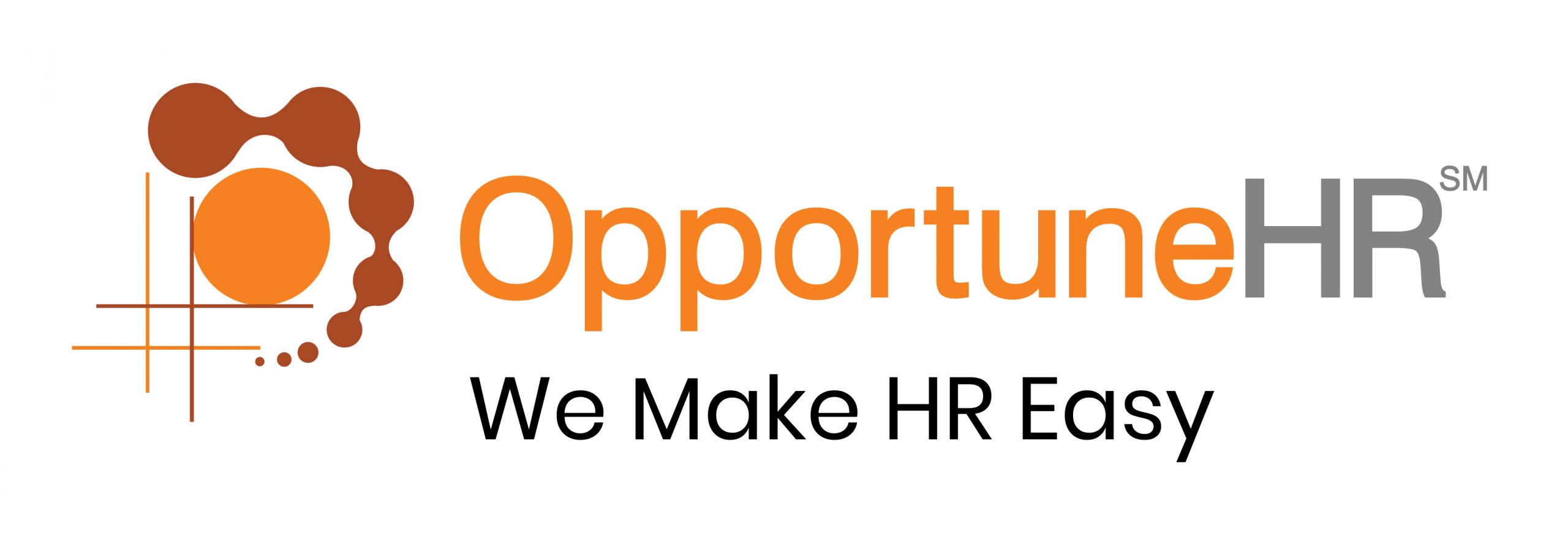Festival season offers some unique opportunities for employee engagement and work culture enhancement. And there are so many festivals! From Diwali’s radiant lights to Eid’s unifying prayers and Christmas’s joy-filled gatherings, these occasions provide more than just a break from routine.
The festival or holiday season in India generally occurs from September to November. This festive period offers HR teams unique opportunities to engage employees and develop a vibrant culture. It is a great chance to promote work-life balance and create a sense of belonging within the organization. Companies that engage in Employee Pulse Monitoring can see a definite boost in employee morale.
Here are some tips and approaches that HR professionals use to make the most of the festival season.
Festival Celebration At The Workplace Enhances Employee Engagement
One primary benefit of incorporating festivals into workplace culture is the enhancement of employee engagement.
Learn How mini events in the organization boost the confidence of the workforce.
When HR takes proactive steps to celebrate these occasions— employees feel valued beyond their job titles. They appreciate being part of a company that recognizes their personal traditions.
Some of these festivals are celebrated over a period of time. Like, Ganpati Pooja! Many Indian organizations organize Ganapati decorations and poojas for 10 days. Every day in the evening, the aarti is performed. These events give a real boost to employee bonding especially because everyone from top management to a dispatch boy participates together!
Festival Celebration Offers Team Building Opportunities.
For wise HR managers, the festive season is a great opportunity to bring employees from diverse backgrounds and hierarchies together. Rather than hiring event management companies, they give the responsibility to active members of the workforce.
The planning and execution of these festivals serve as an effective team-building exercise.
- Collaboration– When employees collaborate to plan a festival celebration, it encourages teamwork. For instance, organizing a Diwali celebration can involve team members in lively discussions about choosing decorations, planning activities, and arranging food.
- Delegation of Tasks– Assigning specific roles (e.g., decoration, food preparation, entertainment) fosters accountability and allows employees to rely on each other.In essence, these activities foster a sense of camaraderie among employees.
Celebrations Promote Work-Life Balance.
Festivals often bring about changes in personal schedules due to family commitments or travel plans. HR professionals acknowledge this reality and offer flexible policies— such as adjusted work hours or additional leave days. They empower employees to manage both their professional obligations and familial responsibilities effectively by using HRMS software feature to-do list to manage the tasks.
By providing options like remote working arrangements during festival weeks, or allowing employees time off during peak festival preparations, HR helps the employees spend quality time with their families.
Employees feel supported when they know management understands their need for balance between work commitments and cherished family traditions.
This approach cultivates loyalty towards the organization since workers perceive it as one that genuinely cares about their well-being.
Fostering Community Spirit
Festivals like Ganapati Pooja, Navratri, and Deepavali are social events that offer opportunities to come together and celebrate shared values. Team members often spend more time together at the workplace than with their families at home. So integrating these festivals into the workplace is vital for cultivating strong interpersonal relationships among staff members.
HR teams play a crucial role here by encouraging participation in activities designed around collective interests– from decorating office spaces according to festive themes– to setting up charity drives aligned with specific festivals, they help the whole organisation come together as one cultural unit.
Often organisations also invite family members of employees to participate in such events, which creates a stronger bond between employees and the organisation.
Festival Celebrations Help Recognize Social Qualities.
While many awards and promotions are given to employees based on their work performance, some wise HR managers and business owners use the festival season to award people who make a difference just by being a member of the team. They might be employees who smile all the time and keep the workplace joyful. Or someone who helps others without expecting anything in return.
Special Cases–
1: Female employees need special support during festival times:
Festivals often hold significant cultural importance. Women, in their various roles like– Daughter, daughter-in-law, bua, etc., play a central role in these celebrations. From home decorations to arranging for specialized meals, and hosting visitors, women have a higher workload at home.
Recognizing the extra demands on women during festivals can help promote a better work-life balance. Flexibility in work hours or remote work options can be beneficial for them.
It also enhances job satisfaction and loyalty, leading to better retention rates.
2: Festival Season May Be the Peak Season for Business!
In many industries– such as retail, e-commerce, F&B and hospitality, and travel– the festival season is the peak business season. Rather than relaxing, employees are under high pressure to perform.
HR must be sensitive to this reality and be considerate to employees. These become challenging times for employees, as they are extra busy at work while also trying to celebrate at home. In some extreme cases, some employees might have to forgo celebrations at home.
Proper recognition of such instances and rewards is a must.
The most important point: such peak times must be followed by relaxed schedules at the workplace.
The psychological importance of the festive season.
We all know that celebrations at the workplace help manage employee morale, motivate employees, and strengthen bonds.
But there are some deeper psychological forces at play too.
As a wise HR professional puts it–
Veteran HR professionals and business owners use festival time as a transitioning period. From April to July is an appraisal and increment period in most companies. So, many employees might be dissatisfied with their new packages, colleagues getting better increments, and other comparisons.
It’s a truth that employees expect more, and what organizations offer rarely matches their expectations. A suppressed sense of dissatisfaction remains.
The festival time and celebrations are a great opportunity to enthuse them and involve them again in the continued growth of the organisation. To bring everyone together. The companies must be generous and offer good gifts and goodies to employees. This boosts morale!
Conclusion: Festival Celebration at Workplace Is A Must!
Celebrating festivals at work is a great way for HR teams to boost employee happiness and loyalty.
By recognizing unique personal traditions and offering support during these times, organizations can create an environment where everyone feels valued.
The festival season is a perfect chance to strengthen team bonds, appreciate individual contributions, and build a sense of community. In doing so, companies foster a more engaged and committed workforce, making work more meaningful for everyone.
FAQs
How to Manage Cultural Diversity While Celebrating Festivals at Workplace?
Major festivals and their extended celebrations boost morale in the organizations. At the same time, celebrating lesser-known ones, or festivals representing small groups of the workforce can enhance the goodwill for the company significantly.
HR must give due recognition to festivals like Baisakhi observed by Punjabis, and Pongal celebrated by Tamilians, and depending on workforce structure even local and tribal celebrations can also be included in the HR calendar.
HR can reduce biases and build a positive culture by making sure every group feels acknowledged through such careful inclusion strategies.
How to Draw a Line Between Festival Celebrations and Religious Sentiments?
HR managers must understand that while festival celebrations are important, they are not religious celebrations.
HR should focus on the celebratory aspects of festivals– like decorations, food, and traditional dresses– and promote pooja and rituals where employees get involved collectively. They must keep in mind that the end goal is to create a professional culture that also respects cultural aspects.
How to Manage Costs During Festival Celebrations?
Involve Employees in Planning: Get their input on what they would like to see. Assign roles and delegate tasks among team members to reduce costs and share responsibilities.
Opt for Potluck Style Celebrations: Rather than arranging massive parties, encourage employees to bring traditional dishes for a potluck meal. This not only saves money but also fosters community.
Leverage Company Assets: Use existing decorations, equipment, and facilities to minimize additional costs. Utilize the skills of employees (e.g., musicians, decorators) instead of hiring outside vendors.








